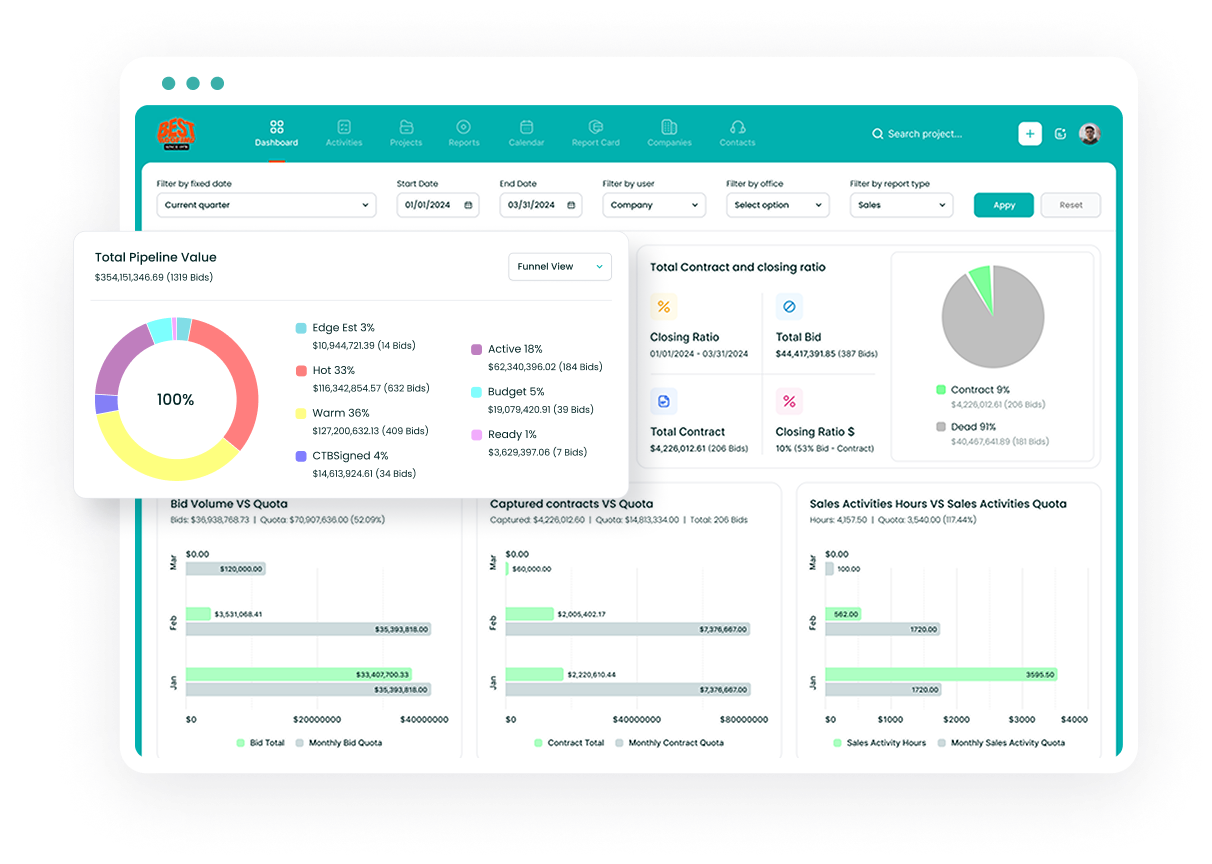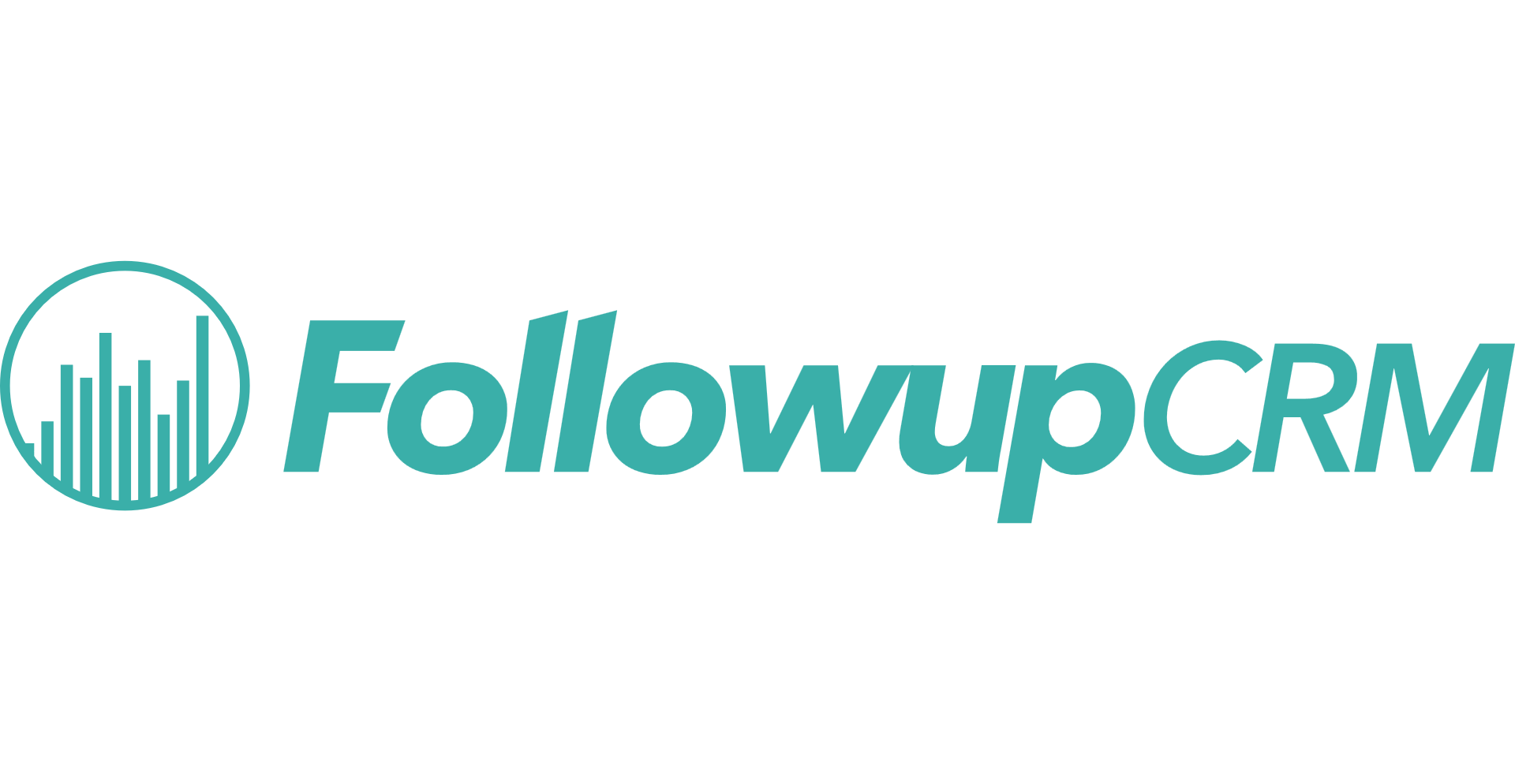Jobber vs Dispatch
Field service management software has revolutionized how businesses handle their operations, scheduling, and customer relationships. Two prominent platforms, Jobber and Dispatch, stand out in this competitive landscape by offering comprehensive solutions tailored to various service industries. Both platforms excel in different areas while maintaining core functionalities that make them valuable tools for business growth and efficiency.
Understanding Modern Field Service Management Solutions
The digital transformation of field service operations demands sophisticated yet user-friendly solutions. Jobber has established itself as a versatile platform serving over 200,000 professionals across 50 different service industries, including landscaping, cleaning, HVAC, and plumbing. Meanwhile, Dispatch positions itself as an enterprise-grade solution focusing on larger service brands seeking to modernize their operations.
Both platforms recognize that successful field service management requires seamless integration of multiple business processes. They offer solutions that connect office staff, field technicians, and customers in real-time, creating a unified ecosystem where information flows efficiently.
The evolution of these platforms reflects the growing demands of service businesses. While Jobber emphasizes user-friendly interfaces and comprehensive features for businesses of all sizes, Dispatch concentrates on providing robust solutions for larger operations with complex needs.
Essential Customer Management Features
Customer relationship management sits at the heart of both platforms, though each approaches it differently. Jobber provides a client hub where customers can view their service history, approve quotes, and handle payments online. This self-service portal reduces administrative burden while improving customer satisfaction.
Dispatch takes a more sales-oriented approach to customer management. Their CRM system focuses on tracking the entire sales process from initial lead to contract signing, ensuring no opportunity slips through the cracks. The platform captures and organizes all customer interactions, documents, and correspondence in one centralized location.
These platforms understand that modern customers expect instant access to information and seamless communication. Both offer automated follow-ups, review requests, and various communication channels to maintain strong customer relationships.
Advanced Scheduling and Dispatch Capabilities
Managing daily operations in field service businesses requires sophisticated scheduling tools that adapt to rapid changes while maintaining efficiency. Both Jobber and Dispatch have developed robust scheduling interfaces that streamline operations and reduce administrative overhead, ensuring smooth coordination between office staff and field teams.
Jobber offers a comprehensive scheduling system with five different calendar views that can be personalized with color coding and filters. Their drag-and-drop interface allows quick rescheduling, while the platform automatically generates fuel-efficient routes. The system sends automated visit reminders to clients through email or text, and team members receive instant push notifications for schedule changes during their current workday.
While specific details about Dispatch's scheduling interface are more limited, the platform emphasizes real-time scheduling and dispatching features for larger service operations. Their system includes GPS tracking and routing capabilities, allowing businesses to optimize technician routes and monitor field team locations in real-time. The platform focuses on efficient route planning to minimize travel distances and reduce fuel expenses.
Mobile Operations and Field Management
The evolution of field service operations has made mobile capabilities an essential component for service businesses to maintain seamless communication and operational efficiency. Modern field teams need instant access to crucial information while working remotely, and both Jobber and Dispatch have recognized this necessity by developing robust mobile solutions that streamline field operations.
Jobber's mobile platform offers these comprehensive features:
- Mobile app for iOS and Android with dark mode support
- On-my-way text messaging capabilities with one-click sending
- Location-based time tracking with automatic reminders
- Photo capture and attachment to job records
- Real-time GPS tracking for team location awareness
- Automated clock-in and clock-out based on job site proximity
Dispatch's mobile solution includes these key functionalities:
- Real-time field team location monitoring
- Route optimization for fuel efficiency
- Instant schedule updates and push notifications
- Mobile access to customer history and job details
- Digital forms and checklists for on-site completion
- Two-way communication between office and field teams
Financial Management and Payment Processing
Modern service businesses require streamlined financial processes. Jobber and Dispatch have developed sophisticated payment and invoicing systems that accommodate various business needs. Their platforms integrate seamlessly with popular accounting software while providing built-in financial management tools.
Both systems offer instant payment processing capabilities, allowing businesses to collect payments on-site or online. Jobber specifically provides instant payout options, giving businesses faster access to their funds, even on weekends and holidays.
The platforms also include comprehensive reporting tools that help businesses track their financial performance, analyze revenue streams, and identify growth opportunities. These insights prove invaluable for making informed business decisions and planning future expansions.
Integration Capabilities and System Flexibility
Modern business operations require seamless connectivity between different software solutions. Both platforms recognize this need and provide extensive integration options with popular business tools and services.
Jobber offers direct integration with QuickBooks, Stripe, and various other essential business applications. This connectivity ensures that data flows smoothly between systems, reducing manual data entry and potential errors.
While specific details about Dispatch's integration capabilities are more limited, the platform emphasizes its ability to work within complex business ecosystems, suggesting robust integration options for enterprise-level operations.
Analytics and Performance Tracking
Data-driven decision making forms a crucial aspect of modern business management. Both platforms provide comprehensive analytics tools that help businesses monitor their performance and identify areas for improvement.
Jobber's analytics dashboard offers insights into various aspects of business operations, from team productivity to financial performance. The platform makes it easy to track key performance indicators and generate custom reports for different stakeholders.
Dispatch focuses on providing detailed analytics that help larger organizations optimize their operations at scale. Their reporting tools enable businesses to track performance across multiple locations and teams, ensuring consistent service delivery.
Security and Compliance Management
Both platforms prioritize data security and regulatory compliance in their operations. They employ industry-standard encryption protocols and regular security updates to protect sensitive business and customer information.
Access controls and permission settings allow businesses to manage user access effectively, ensuring that employees only see the information relevant to their roles. This granular control helps maintain data security while facilitating efficient operations.
Regular backups and disaster recovery protocols ensure business continuity, while compliance features help businesses meet industry-specific regulations and standards.
Customization and Scalability Options
Both Jobber and Dispatch understand that businesses have unique needs that may evolve over time. Jobber offers customizable templates for quotes, invoices, and forms, allowing businesses to maintain their brand identity across all customer touchpoints. This flexibility extends to job types and service offerings, which can be tailored to match specific business processes.
Dispatch, with its focus on larger service brands, likely provides even more advanced customization options. While specific details are limited, it's reasonable to assume that Dispatch offers robust tools for creating custom workflows, automating complex processes, and scaling operations across multiple locations or teams.
As businesses grow, their software needs often change. Both platforms appear to be designed with scalability in mind, offering tiered pricing plans and features that can accommodate businesses as they expand their operations and client base.
Training and Support Resources
Implementing new software can be challenging, but both Jobber and Dispatch seem to prioritize user education and support. Jobber provides a comprehensive knowledge base, video tutorials, and webinars to help users get the most out of their platform. They also offer personalized onboarding sessions to ensure smooth implementation.
While specific information about Dispatch's training resources is limited, it's likely that they provide similar support options given their focus on enterprise-level clients. This might include dedicated account managers, customized training programs, and ongoing technical support to address the complex needs of larger organizations.
Both platforms understand that effective training and support are crucial for maximizing the value of their software and ensuring user adoption across organizations of all sizes.
Data Insights and Reporting Capabilities
In today's data-driven business environment, the ability to generate meaningful insights from operational data is crucial. Jobber offers a range of reporting tools that allow businesses to track key performance indicators, analyze financial data, and monitor team productivity. These reports can be customized and scheduled for regular delivery, helping managers stay on top of important metrics.
Dispatch, catering to larger service brands, likely offers even more advanced analytics capabilities. While specific details are limited, it's reasonable to assume that their platform provides in-depth data analysis tools, predictive analytics, and customizable dashboards to help businesses make informed decisions and optimize their operations at scale.
Both platforms recognize the importance of turning raw data into actionable insights, enabling businesses to identify trends, spot inefficiencies, and make data-backed decisions to drive growth and improve service quality.
Industry-Specific Features and Compliance
The modern service industry demands specialized tools that adapt to unique business requirements while maintaining regulatory compliance. Both Jobber and Dispatch have developed robust features to address these specific needs, though their approaches and focus areas differ significantly.
Jobber demonstrates its versatility through these industry-focused capabilities:
- Chemical tracking and inventory management for pest control operations
- Lawn measurement tools for landscaping businesses
- HVAC service scheduling and maintenance tracking
- Customizable templates for cleaning service checklists
- Electronic signature capture for compliance documentation
- SOC 2 Type 2 and GDPR compliance certifications
Dispatch showcases its enterprise-level specialization through these features:
- Advanced route optimization for large-scale operations
- Carrier management tools for logistics companies
- Real-time capacity analysis for fleet operations
- Automated compliance monitoring for regulatory requirements
- Electronic proof of delivery systems
- Comprehensive audit trails for all operations
Choosing the Right Field Service Management Software for Your Business
Selecting the appropriate field service management software is a significant decision that can greatly impact your business operations. Jobber and Dispatch both offer robust solutions, each with its own strengths and focus areas. Consider your business size, specific industry needs, and growth plans when evaluating these platforms.
Carefully assess the features that are most critical to your operations, such as scheduling capabilities, mobile functionality, and customer management tools. Don't hesitate to request demos or trials from both platforms to get a hands-on feel for their interfaces and functionalities. Remember, the right choice is the one that aligns best with your workflow, enhances productivity, and supports your long-term business goals.
Sources: [1] https://getjobber.com/features/ [2] https://sonar.software/top-features-to-look-for-in-field-service-dispatch-software/ [3] https://www.forbes.com/advisor/business/jobber-pricing/ [4] https://impact.com/downloads/case-studies/Jobber-case%20study-0324.pdf [5] https://connecteam.com/reviews/jobber/ [6] https://canvasbusinessmodel.com/blogs/marketing-strategy/dispatch-marketing-strategy [7] https://www.softwareadvice.com/field-service/jobber-profile/reviews/ [8] https://www.forbes.com/advisor/business/software/jobber-review/
The CRM Built For Construction Companies
No more disorganized data. Track your leads, bids, and customers all in one place.
Seamless Integration with:
✅ Foundation ✅ Viewpoint ✅ Sage and more

Request a Live Demo Now
Learn more about how Followup CRM can help your construction company grow.







